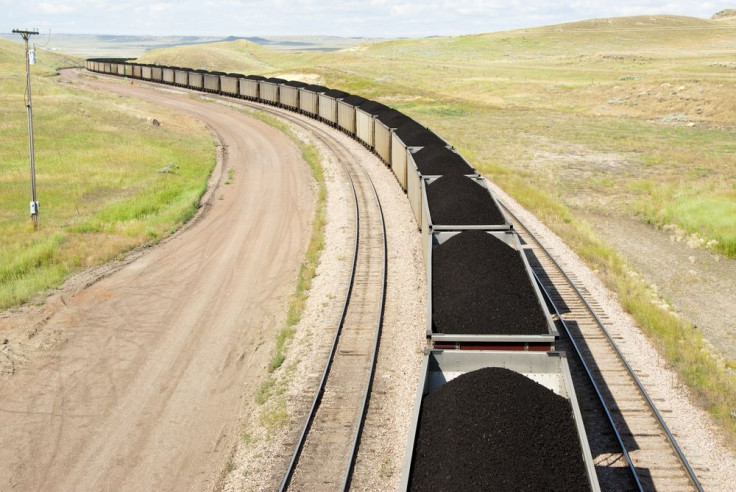Railroad Shipping Of Commodities Across U.S. Slowed By Snarls

Problems with railroad traffic amid a harsh winter are disrupting the flow of natural resources across the U.S., reports the Wall Street Journal.
Surging demand for railroad transport among grain, coal and sugar companies has left major railroads like BNSF Railway Co., owned by Berkshire Hathaway Inc.'s (NYSE:BRK.A), lacking enough trains or crews to man them. That’s partly due to the coldest winter in decades, which has forced the company to use smaller trains.
Grain shipments to and from the fertile Midwest and Great Plains are two to three weeks behind schedule, according to BNSF. Coal inventories at power plants are also running lower than the typical 30-day stockpile, with deliveries of coal sometimes coming in less than 10 days before inventories run out.
Canada has faced a similar problem transporting its commodities lately, as a record crop harvest has failed to easily reach coasts for exports. Canada is the world’s third-largest producer of grain and sends more than 90 percent of its exports to the U.S.
As in Canada, part of the issue in the U.S. is that railway companies have focused on the more profitable business of shipping oil, neglecting grain companies and other producers. Even fertilizer companies like Mosaic Co (NYSE:MOS) have been affected, its chief financial officer told the Journal.
Backlogs could collectively cost shipping companies hundreds of millions of dollars, according to the Consumers United for Rail Equity, a group which represents agricultural, manufacturing and utility companies. The group has pushed for tighter railroad regulation, arguing there isn’t enough competition within the industry.
BNSF is leasing and buying hundreds of rail trains and is hiring fresh crews to deal with delays. It has even started work on new tracks atop frozen ground, though such construction usually waits until the spring thaw.
Logistics challenges will remain through 2014, though some traffic may be normalized by April, said Bob Lease, BNSF's vice president for service design and performance.
“It takes a while to unravel,” he said.
--
(Note: Rail cars filled with coal in a green field photo by Shutterstock.com.)
© Copyright IBTimes 2025. All rights reserved.





















